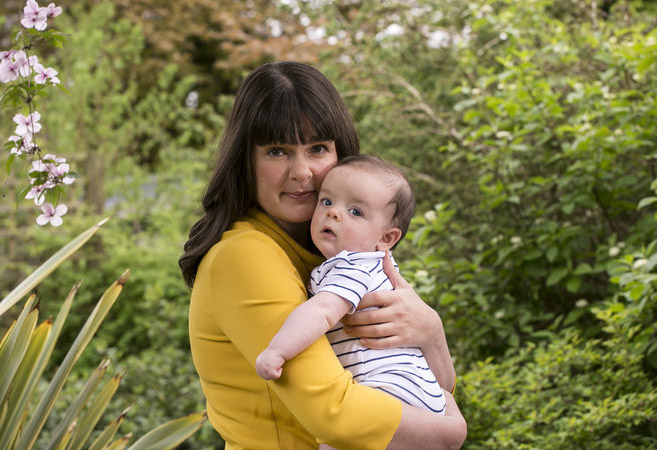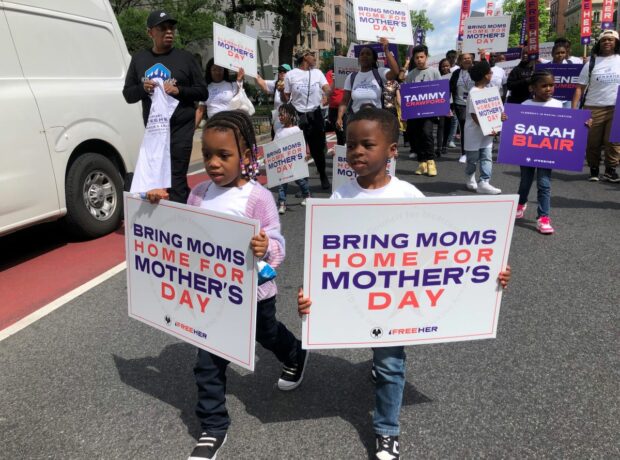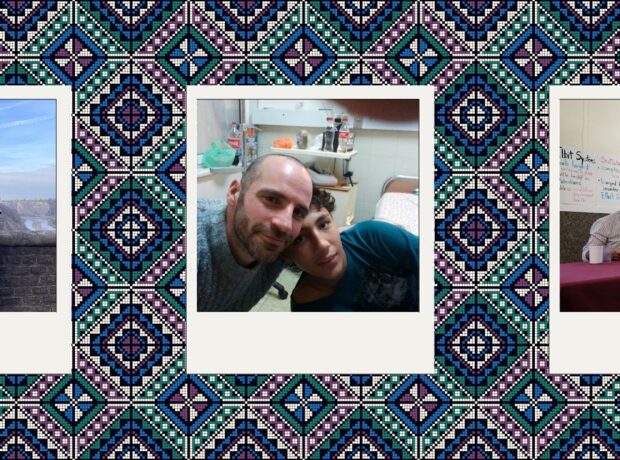When a group of students launched an online petition for maternity rights they had no idea they were about to gain tens of thousands of supporters. Helen Bates explains why they’re challenging the injustice of being “Pregnant then screwed” – and shows how you can too.
When Joeli Brearley told her client she was pregnant, she did it armed with a plan. A self-employed project manager, she had detailed every contingency she was putting in place to ensure her work ran smoothly. At this exciting time in her life, she did all she could to ensure it would be business as usual for her clients. When the next day she was sacked via voicemail, it was obvious why.
Determined to fight the injustice, Joeli spoke to a lawyer but was unable to take her case any further. The time limit for bringing a discrimination claim to an employment tribunal is three months. For pregnant women and new mothers this raises the spectre of proceedings coming to a head when they are heavily pregnant or have a new baby to take care of. Joeli had recently been told that her pregnancy was high risk, which led to the heartbreaking decision that her health and that of her child had to come first.
Using her experience, she started an organisation called Pregnant then Screwed, which campaigns for justice for women who have been the victims of pregnancy and maternity discrimination, and it was in this capacity that I first made contact with her late last year.

Joeli Brearley
At the time I was studying a module called Human Rights in Practice, which challenges students to plan and run their own human rights project. Working in a team of four and researching sexism in the workplace, we came across an investigation by the Equality and Human Rights Commission (EHRC) which discussed the scale and seriousness of pregnancy and maternity discrimination at work, estimating that in the UK 54,000 women every year are forced out of their jobs because of it. Especially worryingly, less than 1% of the women the EHRC spoke to who had experienced discrimination brought a claim to an employment tribunal. Many employers could be getting away with their actions scot-free.
One of the EHRC’s recommendations for combatting this issue was that the time limit which had held Joeli back be extended from three months to six, creating a more manageable timeline for pregnant women and new mothers, and allowing some space to breathe before deciding whether or not to take on a stressful and gruelling process.
This recommendation was echoed by the Women and Equalities Committee, who were highly sceptical of the government’s insistence that the time limit was not an issue. Joeli herself appeared before the committee and, when we approached her with our plan, she was more than happy to help us set up a petition for the time limit to be extended to six months.
Given the time scale and specificity of the project, it was unlikely that we would be able to build a large enough social media following to effectively promote the petition by ourselves, so we reached out for help to several sympathetic groups such as Everyday Sexism and Maternity Action. They were very obliging, even when there were technical glitches in the petition set-up.
When we finally made it to launch day, our project group gathered in the library. Anyone who has used the University of Warwick library will understand what I mean when I say that we considered being able to find four seats together a good omen. Over the next few days, and with enthusiastic promotional support from Joeli and others, we gained 1,000 signatures.
You can imagine the shock, then, when I woke up a day later to find that the petition had reached 20,000 signatures quite literally overnight. Some bewildered investigative work by one of our team members revealed that Change.org, where our petition was hosted, had featured our petition in an email sent out to their subscribers the night before.
Over the next few weeks, interest continued to swell with the petition attracting over 50,000 signatures. It also became the focus for an Early Day Motion in Parliament. Joeli, who is now primarily in charge of the project, is also planning a march in London later this year. We are all thrilled – and still quite surprised – that something we started took off in such a big way.
While I’m pleased with what we’ve managed to achieve, it did bring home how specialised human rights campaigning and activism have become. We succeeded in large part because we were able to access the expertise of people who are already active in this area. We relied heavily on Joeli’s contacts and we moved the petition to Change.org on the advice of experienced activists.
If we hadn’t been constrained by time and resources we would have liked to have addressed the issue of tribunal fees, which are likely to present a problem for many women and obstruct access to justice for new and expectant mothers.
The experience has given us a unique insight into how human rights work on the ground and the impact we can have on that.
For anyone thinking of doing something similar, here are a few things we learned along the way:
Avoid the government petitions website
This is something several more experienced activists told us. While the website provides a direct line to parliament, triggering a response from government if it reaches a certain number of signatures, it doesn’t provide the same level of promotional support that websites such as Change.org do, and that direct line won’t do much good if you haven’t got enough signatures to make an impact. The petitions are also removed if a new government is elected.
Inspire empathy
Our initial petition was filled with facts and figures and while those have their place, people respond much more enthusiastically if they can empathise with the people affected by an issue. We got Joeli’s permission to use her story and those of some other women who had contacted her for this purpose.
Get help
There are a huge number of campaigning organisations out there with a wealth of experience, and collaborating with them often gives you access to resources and audiences which you couldn’t have reached on your own. Do this as early as possible since in a big organisation a request to collaborate will have to pass through multiple people before it gets approved.
MORE:



